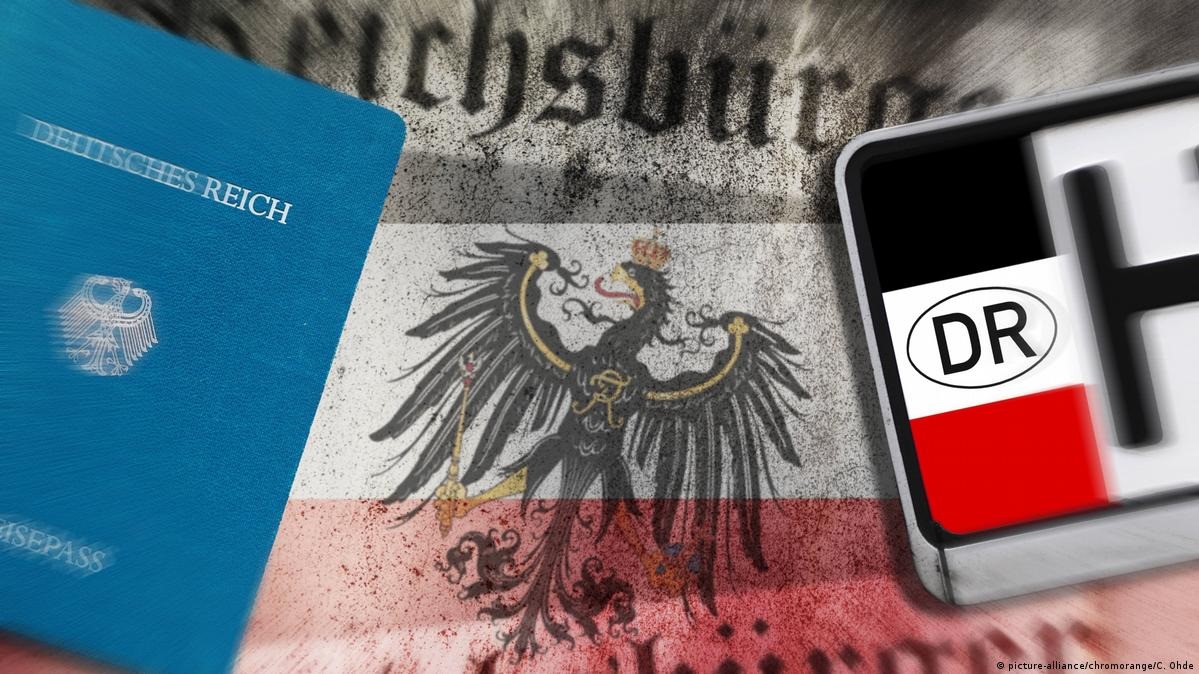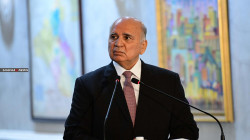Self-styled prince denies plot to overthrow German government as trial opens

Shafaq News/ The self-styled prince at the heart of an alleged conspiracy-fueled plot to attack Germany's parliament and topple the government rejected the accusations against him as his trial began on Tuesday.
Prince Heinrich XIII Reuss and eight other defendants, accused of belonging to or supporting a group plotting a "treasonous undertaking," face trial in Frankfurt in one of the most significant cases heard by German courts in decades. The group includes a former politician and ex-army officers.
Prosecutors allege that the group planned to storm the Bundestag and take MPs hostage. Reuss, a minor aristocrat and businessman, was purportedly in line to become the provisional head of state after overthrowing the current government.
The defendants appeared in a high-security court in Frankfurt. One woman, wearing a hooded jacket, hid her face from cameras while Reuss seemed to be relaxed.
Reuss's lawyer, Roman von Alvensleben, told journalists outside the courtroom that his client was "no ringleader, and not a member of a terrorist organization," as suggested by prosecutors.
Authorities uncovered the sensational plan at the end of 2022, highlighting a growing threat of violence from political fringes in Germany.
The alleged plotters, inspired by "conspiracy myths" like the global QAnon movement, had drawn up "lists of enemies" and belonged to the German Reichsbuerger (Citizens of the Reich), a political movement rejecting the modern German republic.
Prosecutors claim the plotters believed Germany was run by a hidden "deep state" and awaited a signal from an international "Alliance" of governments to launch their coup.
The proceedings in this complex case, involving a total of 26 people, are spread across three different courts. Nine members of the group's "military arm" went on trial in Stuttgart in April, and another set of proceedings is scheduled to begin in Munich in June.
Among the defendants in Frankfurt are former soldiers Ruediger von Pescatore, Maximilian Eder, and Peter Woerner, who allegedly founded the coup plotters' group in July 2021. The group also includes members of a "council" that prosecutors say was to replace the government post-coup, including judge and former far-right MP Birgit Malsack-Winkemann.
Malsack-Winkemann, an ex-member of parliament for the Alternative for Germany (AfD) party, was reportedly lined up for the justice portfolio. Investigators believe she provided inside knowledge of the German parliament to aid the group's attack plans.
Michael Fritsch, a former policeman from Hanover, was allegedly set to take over the interior ministry.
The ninth defendant is Reuss's partner, Russian citizen Vitalia B., accused of "abetting" the plan and connecting Reuss with a contact at the Russian consulate in Leipzig. Reuss and von Pescatore also allegedly sought a meeting with Russian officials in Bratislava in February 2022, intending to negotiate an accord with Russia if the coup succeeded.
According to prosecutors, at least 136 people had signed "non-disclosure agreements" with the group, indicating the plot's broad reach.
Officials have identified the far right as Germany's most significant extremist threat. In a related development, police charged a new suspect in a separate coup plan in April, which involved kidnapping the German health minister.
Notably, Germany has experienced increasing attacks against public figures in recent years, including the murder of conservative politician Walter Luebcke by neo-Nazis in 2019 and recent assaults on the former mayor of Berlin and a German member of the European Parliament.





